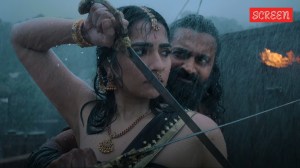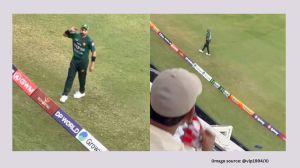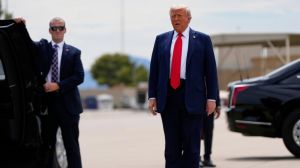Click here to follow Screen Digital on YouTube and stay updated with the latest from the world of cinema.
Sanya Malhotra committed herself to character in Mrs: Arati Kadav
Kadav, who has written and directed sci-fi feature Cargo (2019), apart from several acclaimed shorts including The Astronaut and His Parrot (2022), talks about her journey.
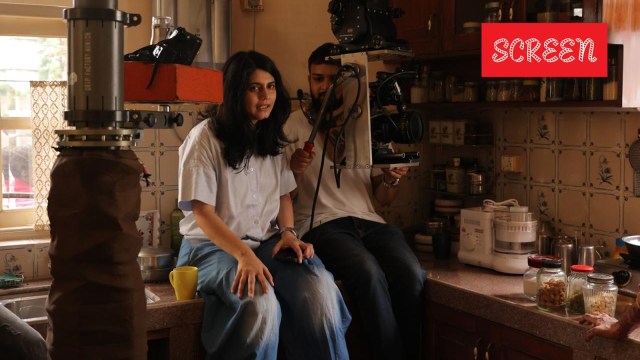 Mrs is helmed by Arati Kadav.
Mrs is helmed by Arati Kadav.Soon after the end credit of Arati Kadav-directed Mrs started rolling on screen, many present in the audience during its Asia premiere at the 55th International Film Festival of India, Goa, rushed ahead to congratulate the movie’s team. Kadav was accompanied by the film’s lead actor Sanya Malhotra and its co-writer and co-producer Harman Baweja. Interestingly, most of the festival delegates crowding around the Mrs team were men. That was fascinating since Mrs — an official Hindi adaptation of Malayalam-language The Great Indian Kitchen (2021), written and directed by Jeo Baby — talks about the patriarchal behaviour prevalent in several households.
Kadav, who has written and directed sci-fi feature Cargo (2019), apart from several acclaimed shorts including The Astronaut and His Parrot (2022), talks about her journey.
Excerpts from an interview by Alaka Sahani with Arati Kadav.
What were your thoughts when you took up the responsibility of remaking The Great Indian Kitchen?
When I was given this opportunity, I was initially apprehensive of what I could add to the discourse of the film while remaking it. I even questioned whether it should be remade. My producer told me a wonderful thing: ‘Treat the original as a book’ and then adapt it for North India. When I started researching further on this, it opened up so many things. A new thing I learned was that patriarchy is reflected in not just how women treat older men but also how they treat younger boys. Mothers always accommodate tantrums of younger boys and serve them better food. These boys grow up undervaluing women’s work. In one scene, I have shown that the way a boy is calling and ordering his mother is similar to the way the husband calls the wife. The more I learned, the more I felt that each scene operates at so many levels.
Did you have to work on how you approached the story?
Mrs is not the story of one woman but yet is a lived experience of so many women. I also felt that our mothers have lived and understood life so much more and there are nuances they have navigated and I was keen to capture them.
This was the first time I was noticing my own life, life of our aunts, my friends, life of men, life of so many people and trying to see how I could bring unique and meaningful moments of the film and still not even once try to be ‘on-the-face’ preachy. I wanted the film to be the story of this girl and I wanted to be authentic to her personality.
How did the casting of Sanya Malhotra in the lead role come about?
Sanya had already seen the film (The Great Indian Kitchen) and loved it. The film really spoke to her and it showed in the way she committed herself to the lead character. She had notes for every scene — sort of diary entry. She worked with diligence and sincerity that was inspiring.
Have you adopted a more vibrant tone for the film?
I have made this a very personal story of this girl, a regular girl who is excited about her marriage. Initially, we have shown her as a fresh-faced and eager-to-please girl who has undertaken a new job or role. So, she has her dreams, has her desires, admires herself in the mirror, is keen to have sex, learn family recipes and make the traditional first dish. Gradually, she starts to realise that she is being reduced to a function and her personality is being curbed or she is kept ‘under check’. It is pointed out to her that she has only a few things in her past to hold onto her identity and becomes a shell of herself.
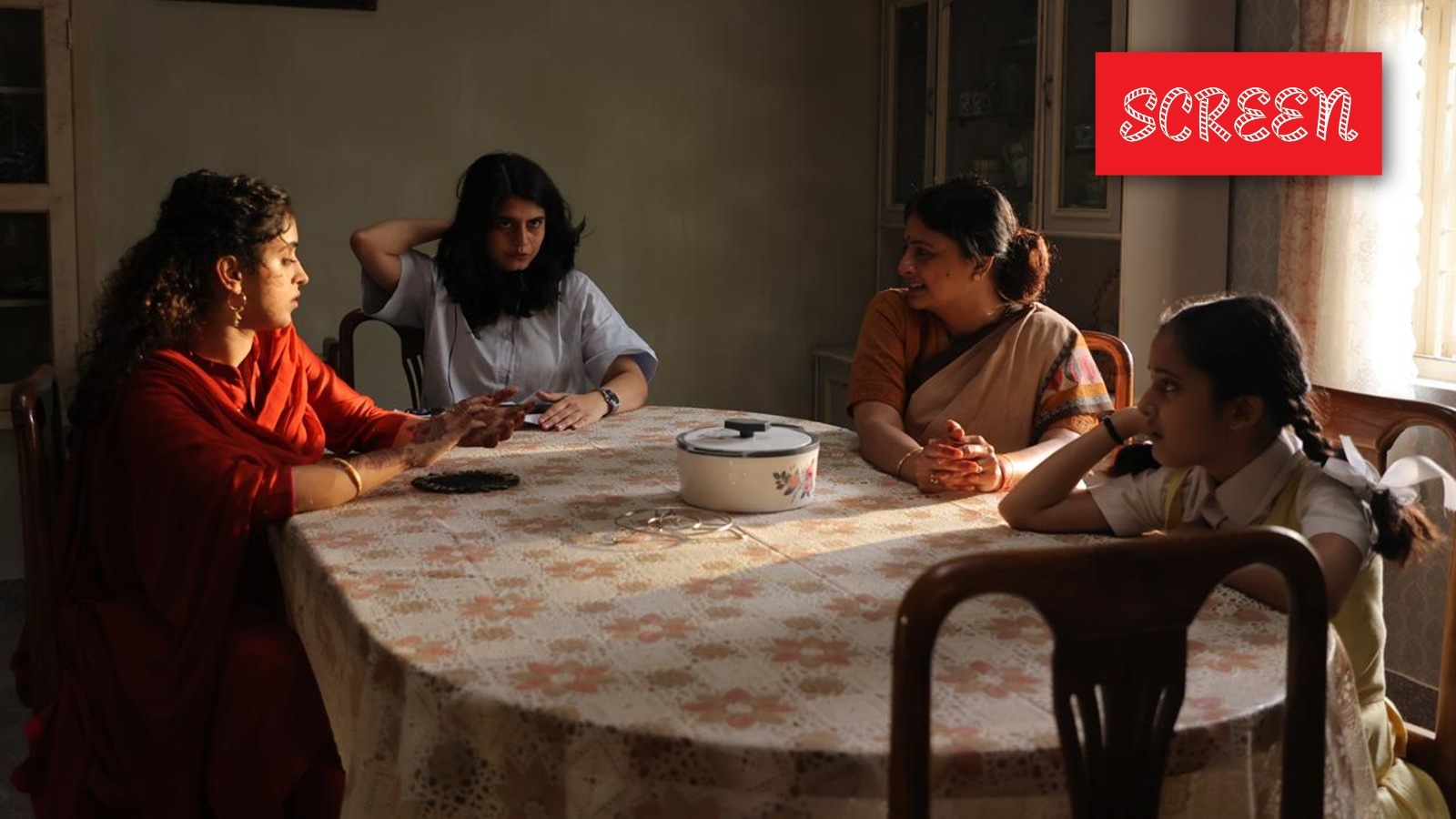 Mrs had its Asia premiere at IFFI 2024.
Mrs had its Asia premiere at IFFI 2024.
Did you work closely with writers Harman Baweja and Anu Singh Choudhary?
Yes, we had a lovely intense writers room. Anu brought in her depth of experience, her maturity to the story and Harman brought the humour in some of the situations. For a remake, we probably worked the longest on the script — about one year or so. For me working with Anu was extremely joyful. Working with Harman was equally intense and a great learning experience.
Till now, you have directed movies, which if we have to put them in a box, can be called ‘sci-fi’ movies. How was it being the helm of a project like this?
It was difficult and it was a challenge as well. But I found something in the story to hold onto and felt that I could bring something unique there.


Photos
- 01
- 02
- 03
- 04
- 05

















